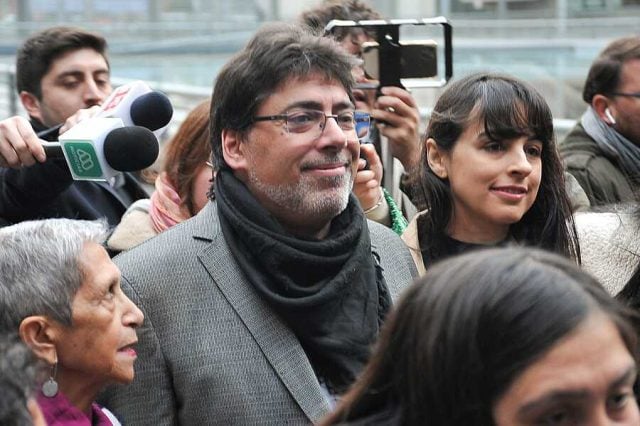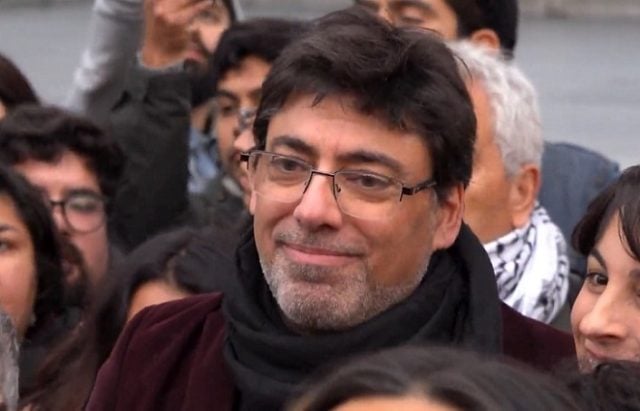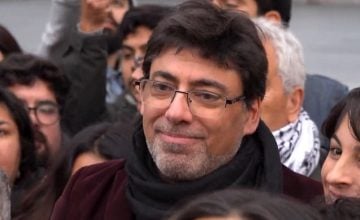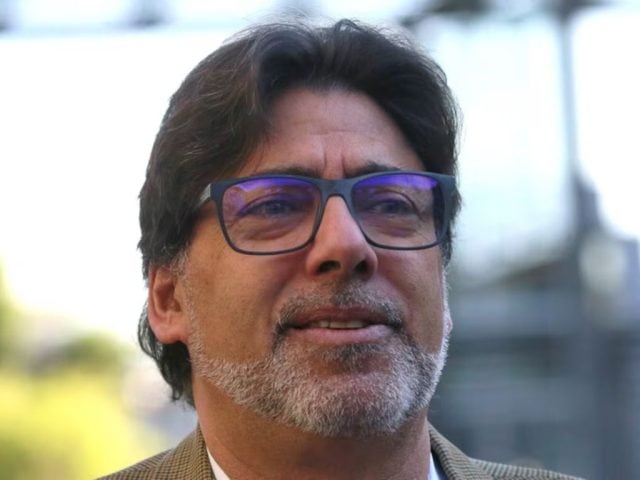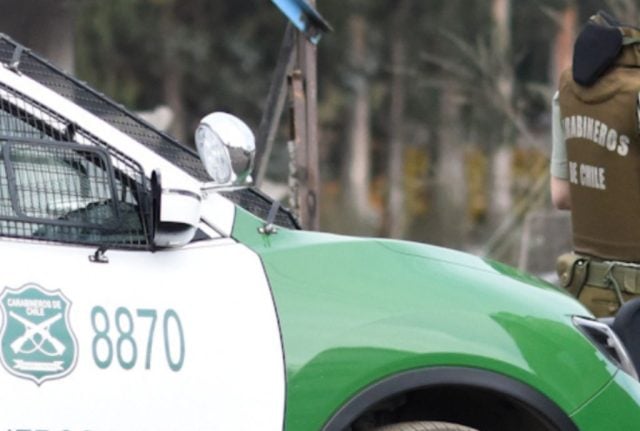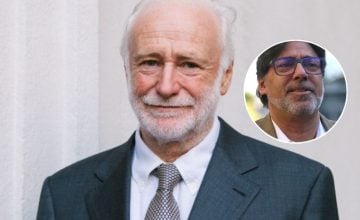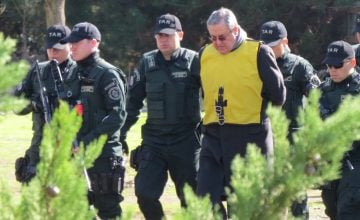Original article: Informe policial descartó existencia de supuestos «audios clave» que involucrarían a exalcalde Jadue con imputado en el «Caso Luminarias»
The LED case in Recoleta, which investigates alleged bribery and tax fraud related to a multimillion-dollar public lighting contract awarded to ITELECOM Holding Chile SpA, has become a landmark example of how media speculation can overshadow factual evidence.
For months, a public narrative, fueled by media leaks, focused on supposed key audios that would irrefutably link former mayor Daniel Jadue and other municipal officials (Ramón Sepúlveda Castillo, Alfredo Parra Silva, and Giannina Repetti Lara) to the accused León Marcelo Lefort Hernández.
However, Police Report No. 20250535477/00390, released by the Metropolitan Anticorruption Investigation Brigade, revealed an undeniable technical truth: the analyzed audios, which were believed to be the most conclusive evidence, contain no recordings that support such a connection, highlighting the gulf between speculation and facts.
The judicial investigation, led by the Ñuble Regional Prosecutor’s Office, aimed to unravel the allocation of the lighting service, worth over 10 billion pesos, and its connection to a transfer of 50 million pesos from ITELECOM to the Recoleta Cultural Corporation, nearly a year after the bidding, purportedly as a contribution to the cultural development of the community.
While telephone evidence was crucial, it faced considerable technical obstacles, including a lack of metadata and the enormous volume of files recovered from encrypted backups of the XORCOM system. In this context, various media and political authorities attempted to portray the idea that the mayor himself had made the audios disappear, as they were deemed definitive proof. This narrative turned out to be nothing but an unfounded distraction.
Consequently, the Regional Prosecutor’s Office instructed the PDI via Official Letter No. 10363 dated July 17, 2025, to carry out a specific task: analyze 94 audio files identified by the National Criminal Analysis and Investigative Focus Unit of the National Prosecutor’s Office as having the «highest similarity indices» with the voices of the subjects of interest. These audios were expected to be the «lost conversations» that would finally confirm interactions between Lefort and the Recoleta municipal circle.
Commissioner Larry Jesús Caro Arroyo, the investigating officer, proceeded with the technical review and auditing of the content.
The outcome, detailed in the police report dated October 30, 2025, was clear and negative. The forensic conclusion establishes unequivocally: «From the analysis conducted on the ninety-four (94) audio files… no positive results were obtained that would allow the establishment of conversations or audio records linked directly or indirectly with the investigated facts.»
The report certified that the voices of Jadue and the other municipal officials were not identified, nor was there any content that contributed investigatory insights to the case. Review the report here.
The Media Construct and Irrevocable Reputational Damage
The failure of forensic evidence to directly link these 94 audios stands in stark contrast to the initial impact of prior leaks.
Several media outlets, with La Tercera playing a significant role in disseminating information related to the case, had cemented a narrative in which the existence of these audios was presented as an imminent revelation that would prove the communications, and by extension, the involvement of the officials.
This premature dissemination, which interpreted «similarity» as a «proven connection» or the existence of «lost audios» as indicative of guilt, resulted in significant reputational harm: first, it led to a media condemnation prior to the verdict. By reporting the existence of the audios as an imminent step toward indictment, the former mayor Jadue was subjected to immediate public trial. The public quickly associated his figure with that of ITELECOM and corruption offenses, without waiting for technical confirmation.
The suspicion became ingrained in the collective imagination; it was followed by an erosion of political trust, as for a figure with high public and political aspirations, the leak of supposed ties to corruption is highly corrosive. The damage targets the essence of politics: integrity and trust.
Daniel Jadue’s image as a leader was permanently tarnished, forcing him to allocate resources and time to defense, rather than to his political activities. Lastly, the impact of the delayed refutation. The initial news about incriminating evidence spread with loudness and virality. In contrast, the official and technical outcome that refuted the content of those audios (a «negative result») came late and with a far less compelling headline, with the likelihood that the same media outlets that pre-intentionally circulated the supposed revelations may not even report what the investigation ultimately established.
The public often only remembers the headline of suspicion, while the technical exoneration dissipates or is interpreted as a legal technicality.
Thus, Police Report No. 20250535477/00390 regarding the 94 audios in the LED case of Recoleta constitutes a document of great investigative value, as it closes a specific line of inquiry with a conclusive result: more than 7 years after the investigation began, it is established that there is no incriminating content or identifiable voices in that body of evidence.
However, this technical victory arrives with the weight of the political cost already incurred. The leaks and reporting that magnified the significance of these audios, as exposed by media such as La Tercera, distorted the procedural reality, transforming a verification task into a virtual condemnation.
The lesson of this case lies in the necessity to differentiate between the investigation process and the final result, especially in times when the judicial system’s corruption crisis has cast a shadow over the entire institution, making it challenging to maintain even minimal trust.
The dissemination of the mere existence of «similarities» or the interpretation of «lost files» as corroborative evidence generates reputational damage that, even if false according to official expertise, is virtually irreversible in the career and perception of a political leader like Daniel Jadue.
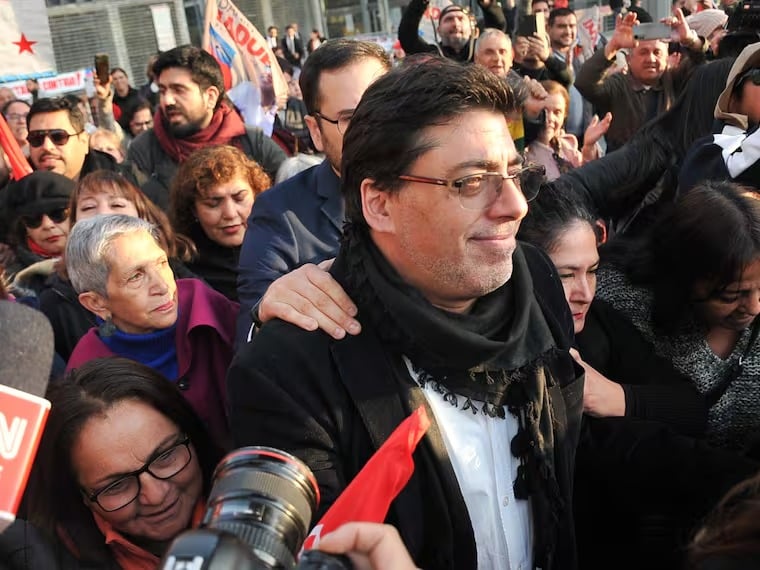
El Ciudadano
